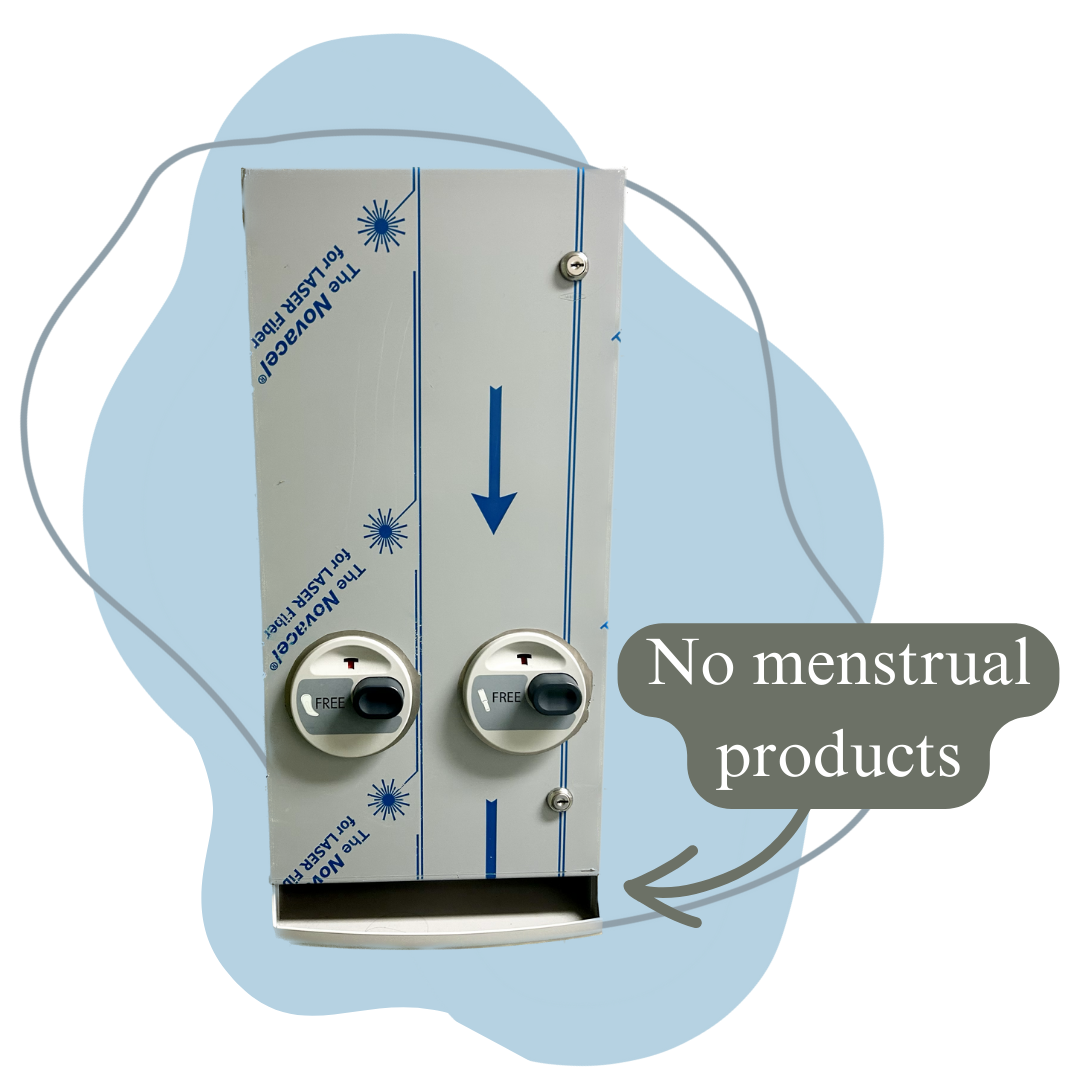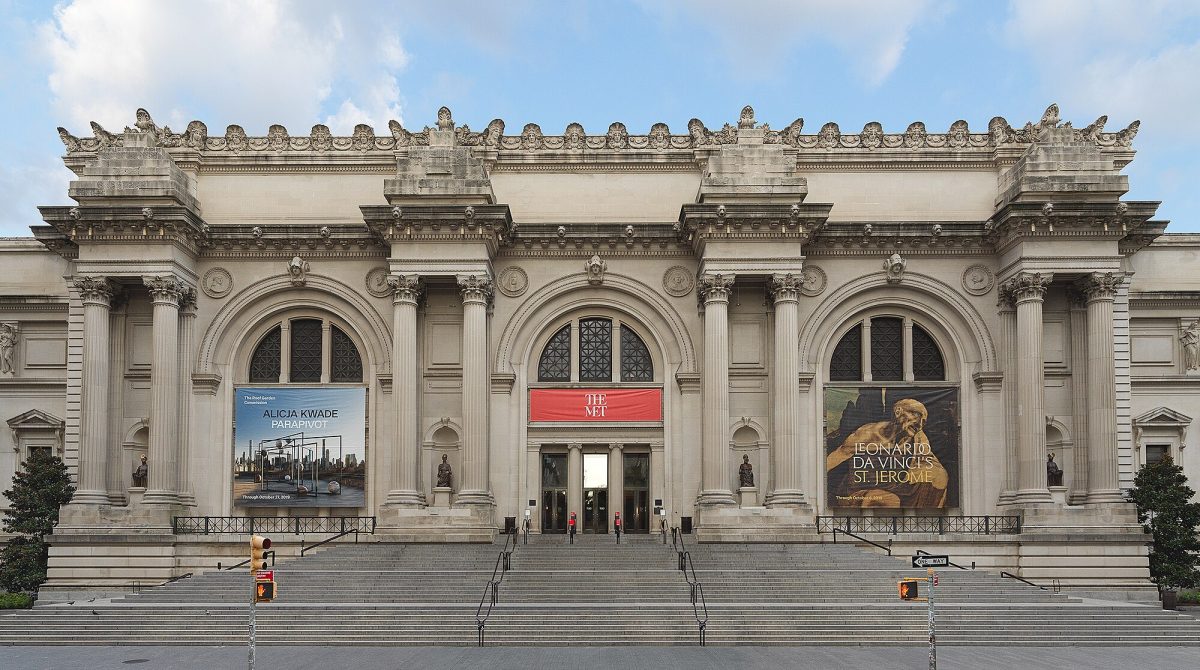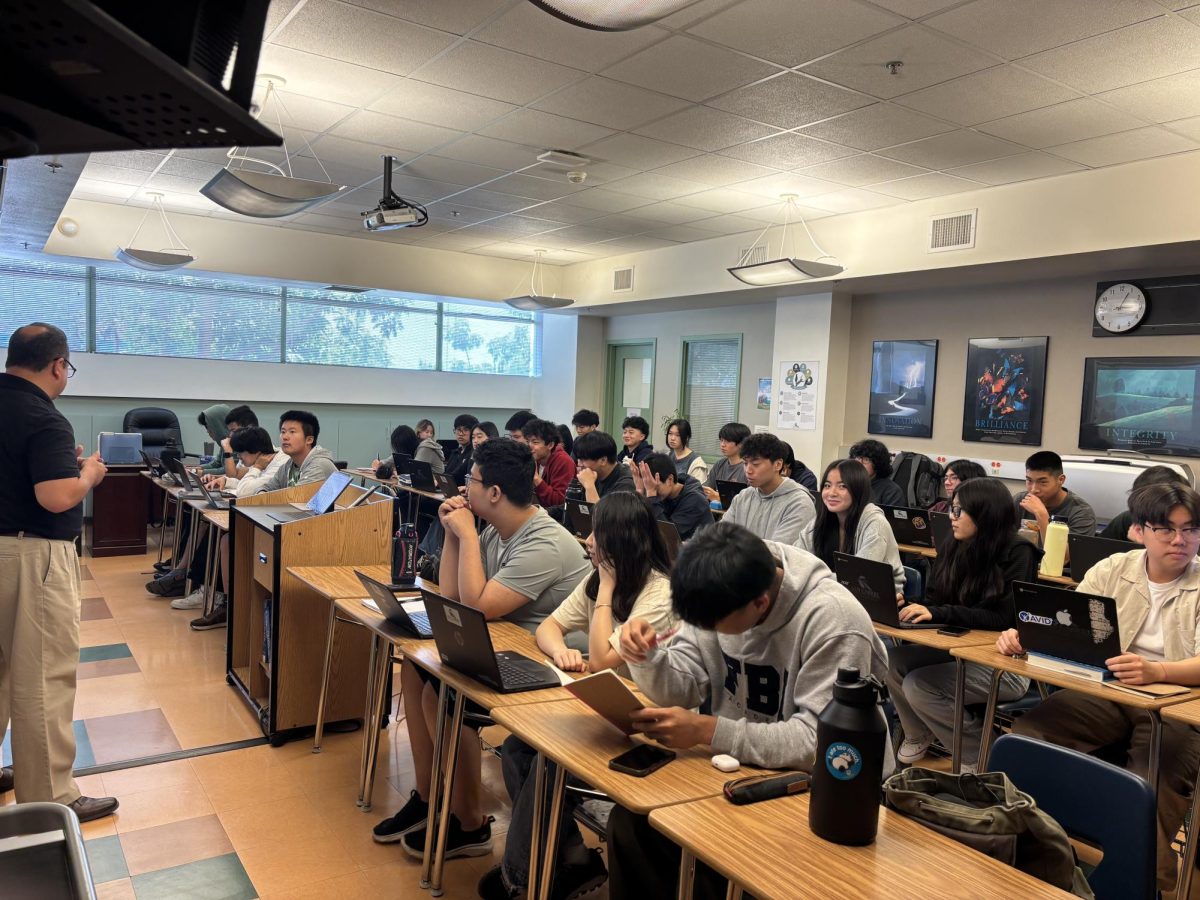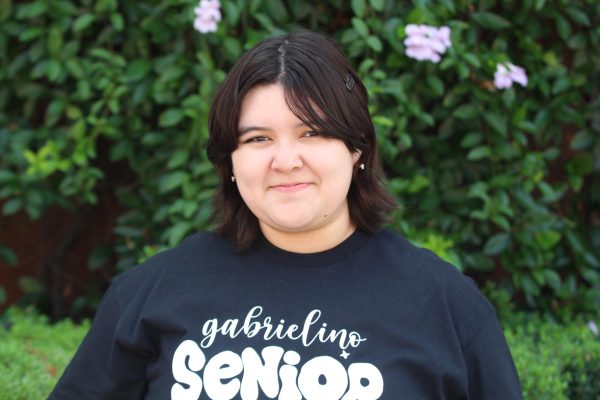As a huge population of female students can testify, the amount of pads and tampons being provided inside Gabrielino High School’s restrooms is nonexistent. Even though they are offered at other places inside school, such as the Wellness Center and nurse’s office, this is still an unspoken issue at Gabrielino. In reality, the main place where menstrual products need to be implemented is inside all of the women’s restrooms.
In November 2021, California mandated that public schools and colleges provide free pads and tampons in restrooms. It is stressful not to be able to know if an individual has enough pads or tampons to get through a period or what to do when a teenager irregularly starts their menstruation while at school. Having Gabrielino aid their students by providing them with period products inside the restroom would take a huge weight off of many shoulders.
In addition, there are students who require free menstrual resources because of today’s economy. Coming out of a pandemic, there were noticeable economic hardships; there is a current population of individuals that make the difficult decision of whether to spend money on period products, food, or gas.
An online article from USA Today stated, “In one 2021 survey of 1,010 teenagers, two groups found that nearly a quarter of them have struggled to afford period products.”
The word to describe this situation is “period poverty.” It refers to the widespread problem of not being
able to buy period care supplies such as tampons, liners, or pads.
There will inevitably be a small population who attend Gabrielino that cannot afford hygienic menstrual products.
One way to guarantee students’ academic success and attendance in school is to provide free and readily available period products inside women’s restrooms.
According to an article on Proctor & Gamble’s website, “nearly 1 in 5 American girls have missed school due to lack of period protection.”
For example, when an individual’s body surprises them with their menstrual cycle while using the restroom, they need to go through a long process of accessing a pad or tampon. If unable to access one easily, they have to walk to the nurse’s office or the Wellness Center to get one.
“Access to menstrual products is a right, and feeling clean, confident, and capable during one’s period is a necessity,” stated the University of Michigan’s School of Public Health’s website.
Instead of letting students handle their periods in the restroom with dignity, the lack of available menstrual products forces them to look for one, which is a huge waste of time that causes them to miss important class time.
This issue can be solved by holding fundraisers or drives in San Gabriel Unified School District’s middle and high schools so people can donate period products to their restrooms. Whether it is writing to the school board advocating for free products in our schools or spreading period positivity on social media, in the long run, supporting the effort goes a long way.
Similar care should be taken when refilling menstrual products as one would with toilet paper. It should not be impeded by discussions about the cost because it is a physical requirement, and thus should be considered an issue that needs to be resolved.








